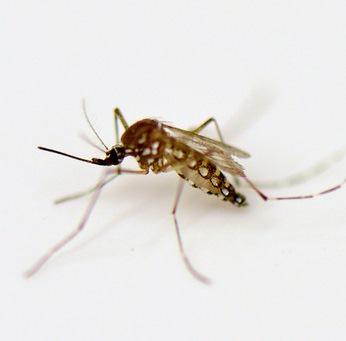Florida has another case of locally acquired Zika, while Brazil has begun using sterile mosquitoes to fight the Aedes species that transmits the virus, and the genome of Zika virus contained in semen has been sequenced for the first time.
More sites of active transmission likely
Today the Florida Department of Health, Florida Health, said there was one new locally acquired Zika case in the city, and the department is currently investigating where the exposure took place. There are now 156 non-travel related cases of Zika in Florida, and 19 cases in non-Florida residents who visited the state.
Yesterday Florida Health said there was a new active transmission zone of Zika virus in Miami, in addition to two other areas of Miami Beach. According to new maps and timelines released by Florida Health, a North Miami Beach cluster was identified on Sep 16, and has 13 local cases as of Oct. 12; a South Miami Beach cluster was identified on Aug 19, and has 50 local cases as of Oct. 12; and a new area of north Miami has the five locally acquired cases as of Oct 13.
The Centers for Disease Control and Prevention (CDC) yesterday said it would help Florida fight Zika in light of the new information about transmission sites. The CDC said men and women who have visited the newly identified area on or after Aug 26 are at risk for Zika, and pregnant women should avoid all unnecessary travel to the area.
The CDC also warned that there are likely more neighborhoods in Miami where active transmission is taking place, but because so many cases of Zika are asymptomatic and the incubation period can last up to 2 weeks, it's difficult to identify sites of transmission.
Sterile mosquitoes and sequencing
According to Science magazine, Brazil is embracing the use of genetically modified mosquitoes to combat the Aedes aegypti populations that spread dengue and Zika virus. OX513A, a strain of sterile mosquitos produced by Oxitec, has now been used in urban neighborhoods to kill off Aedes populations.
OX513A works by containing the excess tTAV protein, which wreaks havoc on the mosquitoes' ability to reproduce. But several scientists and communities have doubted Oxitec's proof that their mosquitoes will control Aedes without posing significant environmental threat.
Finally, this week brought the first complete genome sequence of Zika virus in a semen sample, published Genome Announcements, a journal of the American Society for Microbiology. Researchers hope the information gathered from the sequence will help foster understanding of sexual transmission of the virus.
See also:
Oct 14 Florida Health update
Oct 13 CDC news release
Oct 13 Science article
Oct 14 Genome Announc study





















